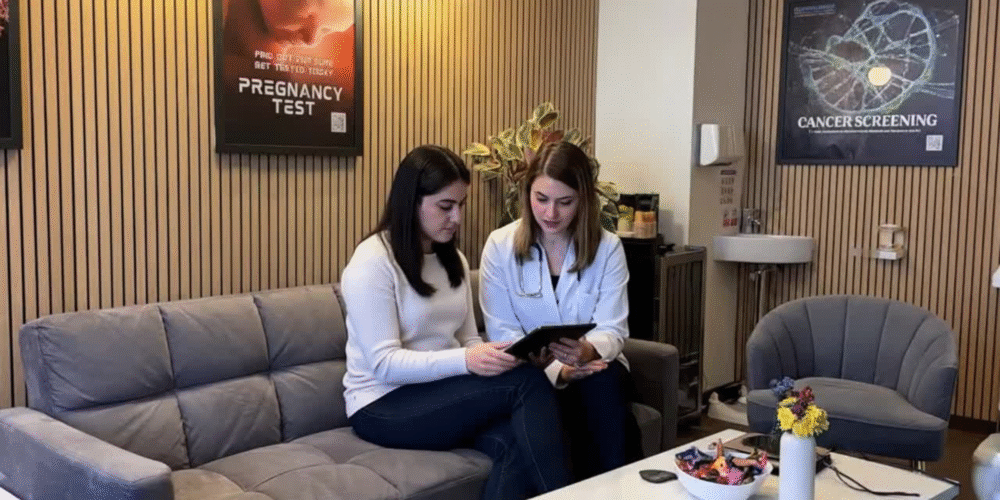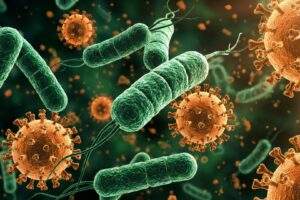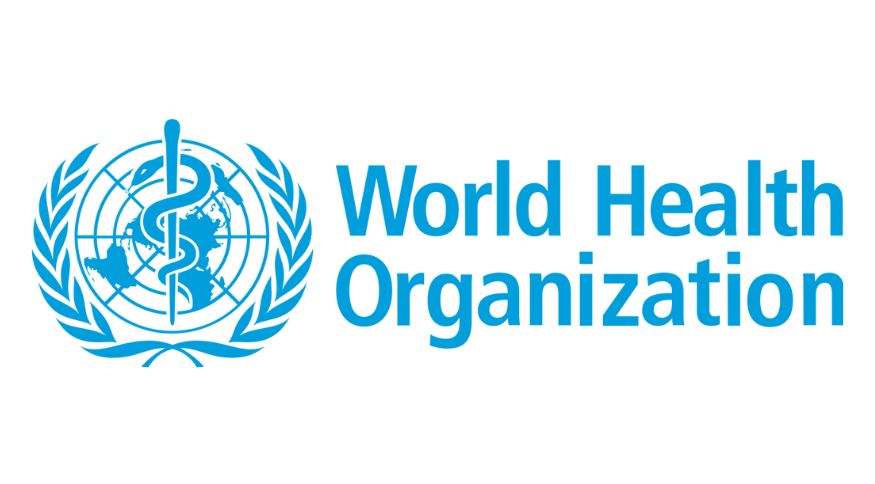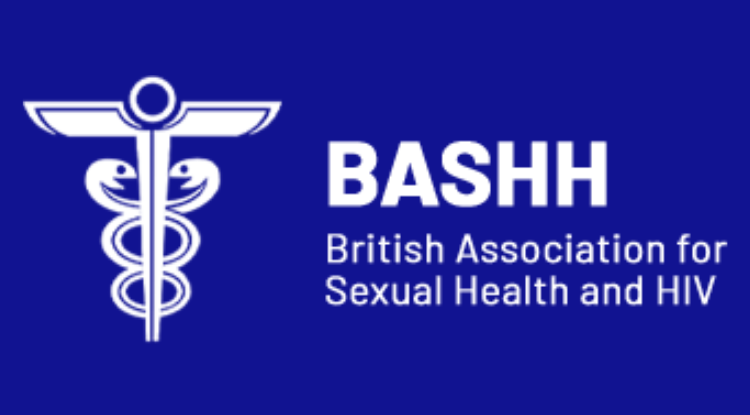
Antibiotic Resistance: What It Is, Why It Happens, and How Testing Helps in London
Reviewed by Dr Lauren Holland • Marylebone Diagnostic Centre, 73 Baker Street
Fast private infection testing • Culture & sensitivity • Results in 24–42 hours
Westminster residents enjoy 20% off.
Antibiotic resistance is one of the most serious global health challenges. Many people in London are now searching for:
- “What is the cause of antibiotic resistance?”
- “How do you tell if you have antibiotic resistance?”
- “How serious is antibiotic resistance?”
- “How do you get rid of antibiotic resistance?”
- “Antibiotic resistance symptoms”
- “Antibiotic resistance examples”
- “How long does antibiotic resistance last?”
- “Antibiotic resistance test”
This article explains these questions clearly and shows how proper testing at Marylebone Diagnostic Centre can help identify infections, guide treatment, and reduce unnecessary antibiotic use.
What Is Antibiotic Resistance?
Antibiotic resistance happens when bacteria evolve and become harder to treat with standard antibiotics.
This means:
- Infections last longer
- Some antibiotics stop working
- Treatment becomes more complex
- Hospitalisation may be required in advanced cases
It is the bacteria, not the person, that becomes resistant.
This is why testing is important: you need to know the exact bacteria and which antibiotic will work.
What Causes Antibiotic Resistance?
There are several main causes:
Taking antibiotics when they’re not needed
Examples include viral infections such as:
- Common cold
- Flu
- Covid
- Viral sore throat
Antibiotics do not treat viruses.
Not completing the full course
Stopping early leaves surviving bacteria that adapt and grow stronger.
Using the wrong antibiotic
Without a culture, treatment is sometimes based on guesswork.
If the antibiotic does not match the bacteria, resistance can develop.
Repeated infections without testing
Chronic UTIs, throat infections, and skin infections need culture & sensitivity testing to guide correct treatment.
Overuse in healthcare and agriculture
A global factor – bacteria exposed to frequent antibiotics adapt more quickly.
How Do You Tell If You Have an Antibiotic-Resistant Infection?
You cannot “feel” antibiotic resistance.
But you may notice:
- Your symptoms do not improve after 48–72 hours of antibiotics
- Symptoms improve slightly, then return
- Infections keep coming back
- Standard treatments stop working
These do not confirm resistance, but they signal that the infection should be tested properly.
The only way to confirm resistance is through a laboratory culture.
What Is an Antibiotic Resistance Test?
This test is officially called Culture and Sensitivity.
At Marylebone Diagnostic Centre, we offer:
Urine Culture
For recurrent UTIs.
Throat Swab Culture
For persistent tonsillitis or sore throat.
Vaginal Swab Culture
For bacterial imbalances or persistent discharge.
Wound/Skin Culture
For slow-healing skin infections.
Sexual Health Culture
For gonorrhoea antibiotic-resistance testing if medically appropriate.
Each test identifies:
- The exact bacteria
- Whether antibiotics are needed
- Which antibiotics will work
- Which antibiotics the bacteria are resistant to
This prevents trial-and-error treatment.
Results return in 24–42 hours.
What Are the Symptoms of Antibiotic Resistance?
Resistant infections do not have unique symptoms.
Instead, the infection may:
- Last longer than expected
- Return quickly after treatment
- Become more painful or bothersome
- Spread or worsen
Again, symptoms alone cannot confirm resistance.
Testing is essential.
How Serious Is Antibiotic Resistance?
Antibiotic resistance is serious, but early detection and correct treatment still work.
Untreated resistant infections can lead to:
- Prolonged urinary infections
- Throat infections that recur or spread
- Complicated skin infections
- Increased hospital visits
Testing prevents complications by matching the correct treatment to the correct bacteria.
How Long Does Antibiotic Resistance Last?
Resistance stays with the bacteria, not the person.
Once the specific bacteria are cleared from the body, the resistance goes with them.
However, if someone keeps getting infections and keeps taking antibiotics without testing, new resistant strains can develop.
This is why culture testing is essential for repeated infections.
How Do You “Get Rid Of” Antibiotic Resistance?
You cannot remove resistance itself, but you can:
Treat the correct bacteria
Culture-guided treatment usually clears the infection.
Avoid unnecessary antibiotics
Only use antibiotics when a clinician recommends them.
Ensure the full course is completed
This prevents resistant bacteria from surviving.
Strengthen hydration, hygiene and immunity
This reduces the chance of repeat infections.
Test recurring infections early
Never take antibiotics repeatedly without a confirmed diagnosis.
Examples of Common Antibiotic-Resistant Infections
- Recurrent UTIs
- Non-improving tonsillitis
- Bacterial vaginosis that keeps returning
- Infected ingrown hairs / skin infections
- Certain sexually transmitted infections (if untreated or mistreated)
If you have repeated infections, a culture test is essential.
What Tests Does Marylebone Diagnostic Centre Offer?
Urine Culture & Sensitivity
For UTIs, bladder discomfort, white floaties, cloudy urine.
Throat Culture
For recurring sore throats or tonsillitis.
Vaginal Swab Culture
For persistent discharge, irritation or recurrent BV.
Wound Culture
For slow-healing skin infections.
Full Infection & Inflammation Blood Panel
CRP, ESR, full blood count, immune markers.
Sexual Health Culture
When clinically appropriate.
Results return in 24 – 42 hours and are reviewed by Dr Lauren Holland.
Westminster residents receive 20% off all infection tests.
When to Seek Testing Immediately
You should book a test if:
- Symptoms do not improve on antibiotics
- You have repeated UTIs
- You have persistent throat infections
- You have slow-healing or recurring skin infections
- You have bacterial vaginal symptoms that keep returning
- You want antibiotic sensitivity testing
Testing removes guesswork and ensures safe treatment.
Book Infection & Antibiotic Sensitivity Testing in London
Marylebone Diagnostic Centre
73 Baker Street, London W1U 6RD
Monday–Saturday | 08:00–16:00
Call +44 7495 970109
Private • Discreet • Same-Day Appointments • QC-Validated Accuracy



















